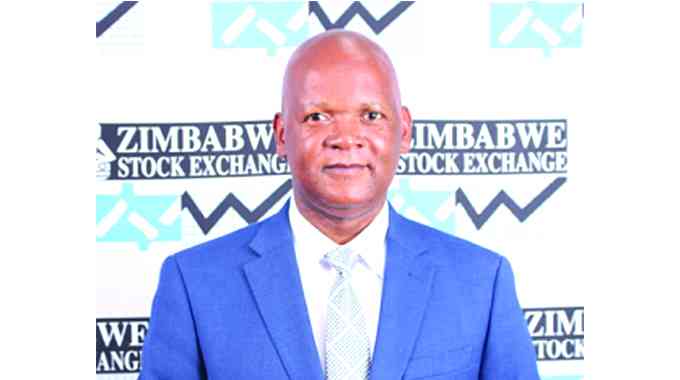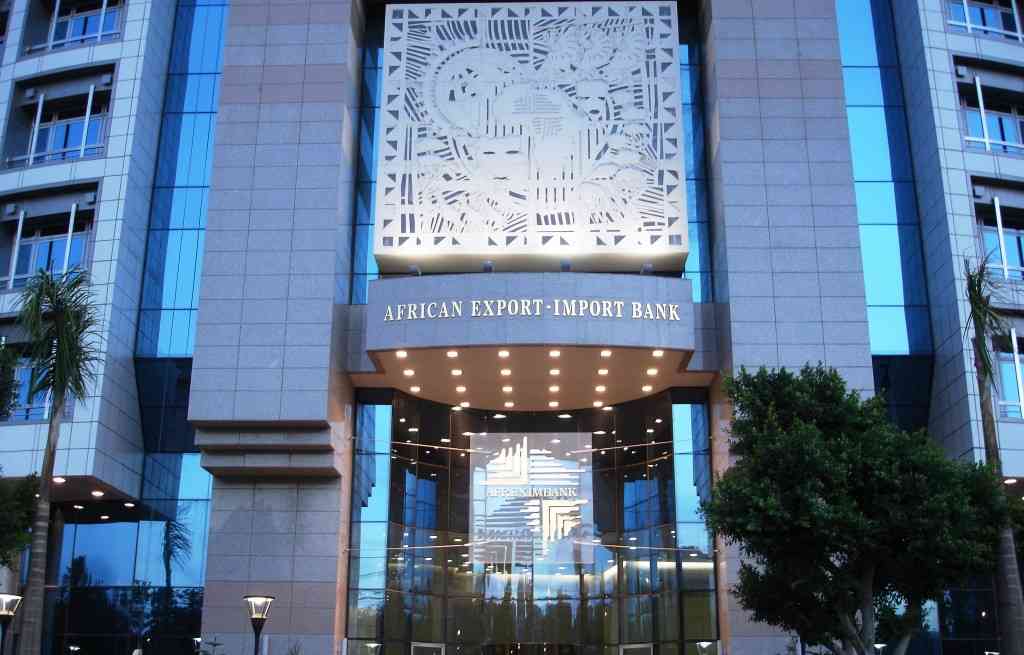
ZIMBABWE Stock Exchange (ZSE) chief executive officer Justin Bgoni is upbeat about the future of the bourse which he says is performing well despite suffering migrations and foreign investors desertion.
His comments come despite local financial services firm Inter Horizon Securities reporting last week that the bourse lost nearly US$700 million in real terms from its market capitalisation last year owing to currency depreciation.
Bgoni told businessdigest in an interview that the ZSE would continue to offer viable investment options for investors.
“The ZSE is performing well as evidenced by the past performance of the ZSE All share of 21,76% in 2023 in real terms, and the year-to-date move of the All Share of 22,49%,” he said.
“Unfortunately, the currency problems are hindering the levels of real returns although the market has been cushioning investors against the rapid depreciation of the currency. This shows that the ZSE is in good health and a variable investment option for investors.”
Bgoni said the ZSE was working towards increasing its listings as well as expanding its service offerings in a bid to give more value to insurers and investors.
“As the ZSE, we will continue to work to increase our listings and provide value for investors. Our key focus remains to bring additional listings as well as expand our service offerings, and if we continue to do so this will add more value to both our issuers and investors,” he added.
Fincent Securities said investor sentiment on the market was downbeat with foreigners selling off to repatriate investment proceeds. However, it noted that locals have had more cash calls in the third quarter of 2023, which forced them to either apply the new inflows elsewhere or sell shares to raise the cash even when knowing the market was cheap.
- Inaugural Zim investor indaba highlights
- Stop clinging to decaying state firms
- ZB explores options to tackle inflation
- Zim operations drive FMB Capital
Keep Reading
“In 2024, we do not expect foreign participation to improve especially from the existing foreign contingent but a market this cheap could attract a different set of investors, one who buys in depressed markets. Local investors to the extent that they have cash are most likely to favour equities in 2024 upon a turnaround of events,” it said.
In 2023, both the ZSE and Victoria Falls Stock Exchange posted dismal discharges, the worst since 2019. The bourses recorded mundane 51,45% and 64,59% slump in annual traded values compared to 2022, respectively.
ZSE market capitalisation fell by 29% in 2023 in United States dollar terms compared to the prior year of 2022, although it was up by 18% compared to a colossal US$1,294 billion posted in 2019. Market capitalisation stood at US$1,526 billion at the end of 2023.
In its latest 2024 Equity Strategy titled ‘Searching for Value’, IH Securities said some economic sectors were reliant on local currency, and as such, the depreciation of the Zimbabwe dollar had a profound effect on the exchange.
“The use of the multi-currency regime was entrenched into law until 2030 through SI 218 of 2023, to allow a smooth transition to full use of the domestic currency. In our view, de-dollarisation will be a long and difficult process, the success of which is contingent on market confidence in the local currency, which currently remains low,” read the report.
The firm added that it was now difficult to predict the exchange rate going forward due to the continuous depreciation of the local currency considering it had already depreciated 32,94% on the interbank market.
“Given the extent of depreciation of the local currency, it has become difficult to predict the exchange rates for FY24. As of late January, however, the interbank rate has already depreciated by 32,94%,
signalling another year of severe devaluation. The economy is largely dollarised, with an estimated 78% of transactions conducted in foreign currency,” IH Securities said.
“Inflation is anticipated to continue on the rise given the ongoing El Nino-induced drought, continued power shortages, and exchange rate volatility. Further, the disparity between the interbank exchange rate and the parallel market rate may continue driving prices upwards as businesses continue to peg their prices using parallel market rates,” read the report.
The foreign currency auction, in particular, has failed to eliminate the parallel market which is the more preferred rate nationally.
According to the firm, the auction system is likely to depreciate rapidly in 2024 as it has been outpaced by other macroeconomic forces towards the end of 2023, such as increased ZWL liquidity in the market.










